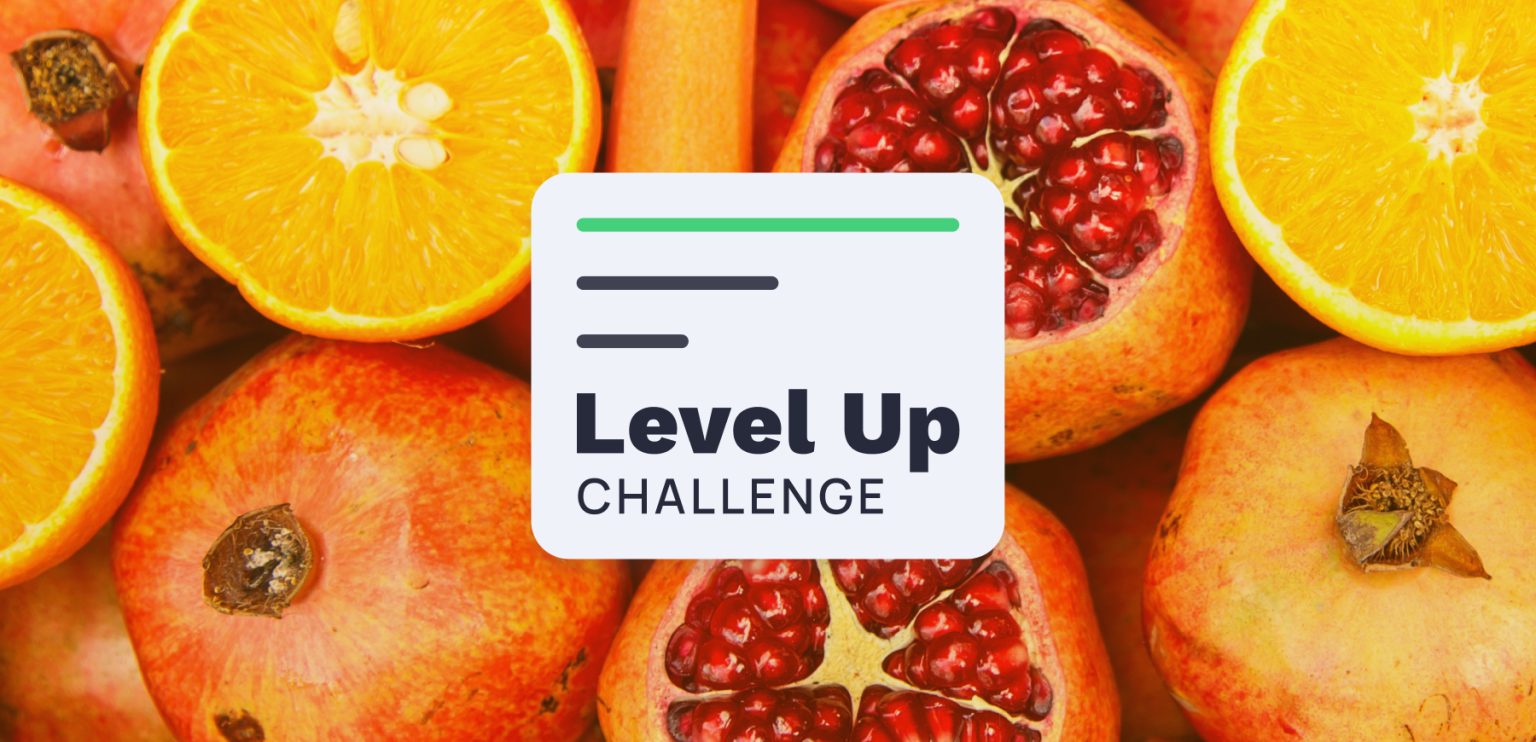The brain is one of the most complex and vital organs in the human body, and it requires a variety of nutrients to operate at its best. While a balanced diet is crucial for overall health, certain foods and nutrients can specifically benefit brain function, which will in turn help to improve your memory, improve mood regulation, reduce fatigue and so much more.
Read below for five science-backed nutrition tips that can help improve your brain function. Brain boosting food suggestions included!
Omega-3 Fatty Acids
Antioxidants
B Vitamins
Stay Hydrated
Even mild dehydration can impair various aspects of brain function, including concentration, alertness, and short-term memory.
- Cell function and metabolism: every cell in our body needs water to function properly, including the neurons and supporting cells in our brains. Proper hydration facilitates cellular processes, aids in nutrient transportation, and assists in waste removal.
- Brain volume and structure: dehydration can reduce the overall volume of brain tissue. Proper hydration helps maintain the brain’s physical structure and its related functionality.
- Cognitive function: there’s evidence that even mild dehydration can impair functions like attention, short-term memory, and the perception of task difficulty. Studies have shown that dehydration can impair performance in tasks that require attention, motor coordination, and executive functions.
- Mood regulation: dehydration has been linked to mood disturbances. Dehydrated individuals often report increased feelings of fatigue, confusion, anger, and depression.
- Temperature regulation: The brain is sensitive to changes in temperature, and hydration plays a role in regulating body and brain temperature. Proper hydration ensures that the body can release heat more effectively, preventing the brain from overheating.
- Toxin elimination: the brain produces waste as a byproduct of its metabolic processes. Proper hydration allows the brain to rid itself of waste more effectively, particularly through the glymphatic system, which clears away toxins during sleep.
- Brain chemistry: neurotransmitters, chemicals that transmit signals in the brain, require a balance of water and other components to function correctly. Dehydration can disrupt this.
- Nutrient supply: hydration facilitates the movement of essential nutrients through the bloodstream and into the brain.
Choline
Choline is an essential nutrient that is used to produce acetylcholine, a neurotransmitter that is important for mood regulation, memory, and other brain functions.
Science Says: A study in the “Journal of the American College of Nutrition” found that higher choline intake was associated with better cognitive performance4.
Foods that are high in brain supporting choline include eggs, milk, coffee, cauliflower and soy products.
The Bottom Line
In conclusion, if you’re looking to improve memory and brain function, it’s a great idea to look to your diet!
Leverage Cronometer by logging your food then take a look at your Nutrition Report to see where your intake of omega’s, antioxidants, B vitamins and choline is at. If your intake is low, try eating more foods like fish, eggs, beans and fruits to see if it will help to improve your brain function. And don’t forget to stay hydrated!




